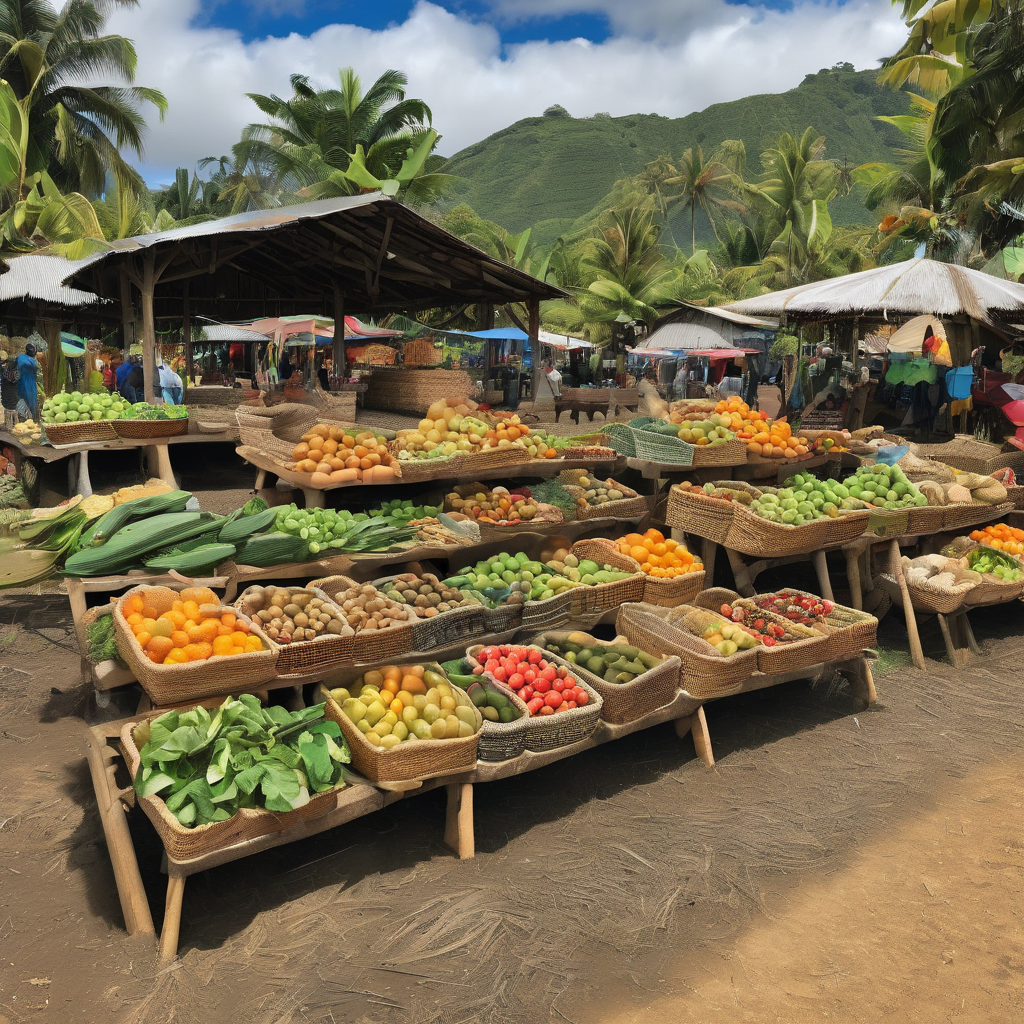Bula vinaka to all shoppers! As we embark on our routine grocery expeditions, it is easy to concentrate solely on discounts or how to maximize our ingredients. However, an urgent and wider issue affects households across the Pacific—food security.
Food security encompasses the availability of enough safe, nutritious, and affordable food necessary for leading a healthy life. Its goal is to ensure that our families, both now and in generations to come, have reliable access to meals, especially in difficult times.
In the Pacific, our islands face unique challenges, primarily due to our reliance on imported foods, including staples like rice, flour, and canned goods. Changes in global prices or delays in shipping can have immediate effects on what is available on local store shelves.
Climate change poses another serious threat. Extreme weather events such as cyclones, floods, and drought disrupt local agriculture, hampering farmers’ abilities to deliver fresh produce at fair prices. This scenario underscores the need for stronger support for local food systems. By choosing to buy from local farmers and markets, we not only indulge in fresher produce but also enhance Fiji’s self-sufficiency.
Purchases of local staples such as rourou, dalo, tavioka, vudi, and lemons bolster our agricultural community and help keep money circulating within the local economy. Additionally, every individual can make a difference through small but significant actions. Starting a backyard garden or growing a few herbs or vegetables can supplement our diets. Improved food storage and efficient meal preparation can also extend the life of our groceries, thereby decreasing our reliance on imports.
Food security is a shared responsibility that involves everyone, from shoppers to chefs to land caretakers. By opting for local products, minimizing waste, and being mindful of our purchasing decisions, we can work towards a more resilient food future.
Manoa Kamikamica recently underscored these critical issues while speaking at the World Food Forum 2025 and the Hand-in-Hand Initiative Investment Forum, organized by the Food and Agriculture Organization (FAO) of the United Nations in Italy. He spotlighted the innovative potential within the Pacific, rooted in communal knowledge and cultural heritage, and illustrated how blending traditional practices with modern technology can lead to adaptive agricultural methods.
Kamikamica pointed to initiatives like the Digital Earth Pacific program, which leverages satellite data to track environmental changes and guide agricultural practices, thus integrating traditional methods with modern strategies like agroforestry and intercropping. He emphasized the need for stronger collaborations to tackle the relationship between climate impact and agriculture effectively.
Moreover, he stressed the essential role of women, youth, and small enterprises in transforming agrifood systems in the Pacific, deeming them crucial for resilience and innovation in the region.
As we approach COP30 in Brazil, his message becomes increasingly pertinent: Pacific nations should not merely be seen as victims of the climate crisis but as proactive leaders equipped with solutions. Every food-related choice we make—whether at local markets or in our kitchens—contributes to the overarching goal of fostering thriving communities today and for the future.
In these challenging times, embracing local food systems and sustainable practices presents a promising pathway. Supporting local agriculture, participating in community food initiatives, and minimizing waste fortifies our future against the uncertainties of climate change, ensuring that our children never face hunger. So, the next time you shop, remember that your choices play a vital role in shaping a resilient and flourishing Fiji.
